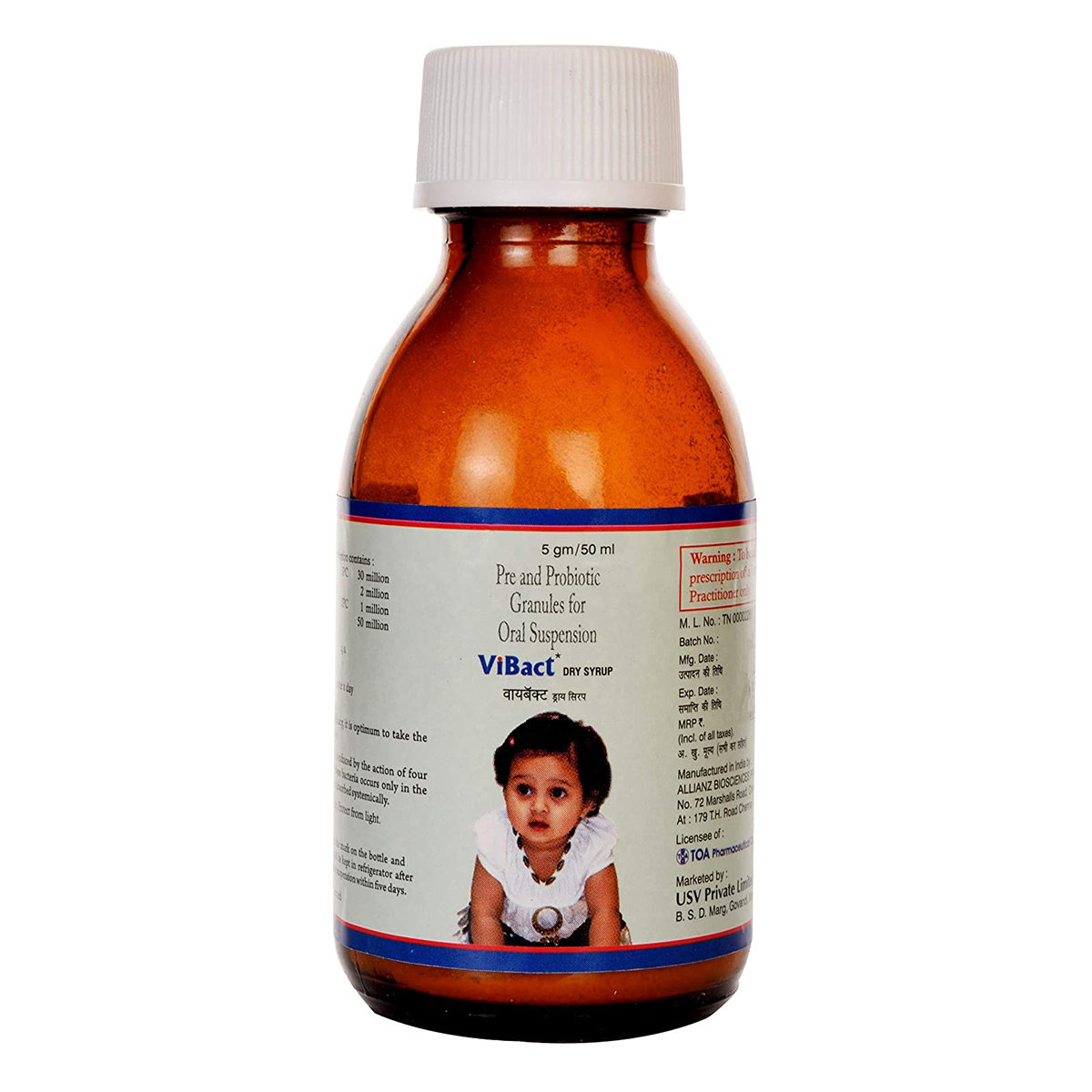- Home
- salt
Clostridium Butyricum+streptococcus Faecalis+lactobacillus Acidophilus+bacillus Mesentericus
Clostridium Butyricum+streptococcus Faecalis+lactobacillus Acidophilus+bacillus Mesentericus
About Clostridium Butyricum+streptococcus Faecalis+lactobacillus Acidophilus+bacillus Mesentericus
Clostridium Butyricum+streptococcus Faecalis+lactobacillus Acidophilus+bacillus Mesentericus belongs to the group of medicines called probiotics used to treat dysbacteriosis, antibiotic-associated diarrhoea, infectious diarrhoea, gastroenteritis, inflammatory bowel disease, constipation, Clostridium-difficile associated diarrhoea, Helicobacter pylori infection, traveller’s diarrhoea, diarrhoea in pregnant women, and lactose intolerance. Clostridium Butyricum+streptococcus Faecalis+lactobacillus Acidophilus+bacillus Mesentericus may also be used in allergic disorders, obesity, common cold, eczema, inflammatory arthritis, vaginal yeast infections, and urinary tract infections. Clostridium Butyricum+streptococcus Faecalis+lactobacillus Acidophilus+bacillus Mesentericus promotes the health of the intestine, balances the gut flora, increases gut immunity, and supports a balanced inflammatory response.
Clostridium Butyricum+streptococcus Faecalis+lactobacillus Acidophilus+bacillus Mesentericus is a combination of four probiotics, namely: Clostridium butyricum, Streptococcus faecalis, Lactobacillus acidophilus and Bacillus mesentericus. Clostridium butyricum interferes with the growth of pathogenic bacteria like Clostridium difficile. Streptococcus faecalis helps in clearing diarrhoea, stimulates the immune system, and helps balance intestinal microflora. It also helps reduce symptoms in lactose-intolerant patients. Lactobacillus helps maintain a healthy balance of microflora in the intestine, thereby improving the gastrointestinal ecology. It also helps in maintaining healthy lipid levels by incorporating cholesterol into its cellular structure. Bacillus mesentericus inhibits the growth of pathogenic bacteria and helps in digestion by regulating abnormal movements. Together, Clostridium Butyricum+streptococcus Faecalis+lactobacillus Acidophilus+bacillus Mesentericus helps treat conditions associated with dysbacteriosis.
You are advised to take Clostridium Butyricum+streptococcus Faecalis+lactobacillus Acidophilus+bacillus Mesentericus for as long as your physician has recommended it for you, depending on your medical condition. Clostridium Butyricum+streptococcus Faecalis+lactobacillus Acidophilus+bacillus Mesentericus is generally safe and does not cause usually side effects. However, sometimes, it may cause gas, bloating, abdominal discomfort, nausea, loss of appetite, and constipation. Most of these side effects do not require medical attention and will resolve gradually over time. You are advised to talk to your doctor if you experience these side effects persistently.
Let your physician know if you are taking any other medicines, or herbal products before starting Clostridium Butyricum+streptococcus Faecalis+lactobacillus Acidophilus+bacillus Mesentericus. If you are known to be allergic to Clostridium Butyricum+streptococcus Faecalis+lactobacillus Acidophilus+bacillus Mesentericus or its inactive components, please inform your doctor. Consult your doctor before taking Clostridium Butyricum+streptococcus Faecalis+lactobacillus Acidophilus+bacillus Mesentericus if you are pregnant or breastfeeding. Clostridium Butyricum+streptococcus Faecalis+lactobacillus Acidophilus+bacillus Mesentericus can be given to children if recommended by a doctor. It is not known if alcohol interacts with Clostridium Butyricum+streptococcus Faecalis+lactobacillus Acidophilus+bacillus Mesentericus, so please consult a doctor if you have any concerns.
Uses of Clostridium Butyricum+streptococcus Faecalis+lactobacillus Acidophilus+bacillus Mesentericus
Medicinal Benefits
Clostridium Butyricum+streptococcus Faecalis+lactobacillus Acidophilus+bacillus Mesentericus is a combination of four probiotics, namely: Clostridium butyricum, Streptococcus faecalis, Lactobacillus acidophilus and Bacillus mesentericus. Clostridium butyricum interferes with the growth of pathogenic bacteria like Clostridium difficile. Streptococcus faecalis helps in clearing diarrhoea, stimulates the immune system, and helps balance intestinal microflora. It also helps reduce symptoms in lactose-intolerant patients. Lactobacillus helps maintain a healthy balance of microflora in the intestine, thereby improving the gastrointestinal ecology. It also helps in maintaining healthy lipid levels by incorporating cholesterol into its cellular structure. Bacillus mesentericus inhibits the growth of pathogenic bacteria and helps in digestion by regulating abnormal movements. Together, Clostridium Butyricum+streptococcus Faecalis+lactobacillus Acidophilus+bacillus Mesentericus helps treat conditions associated with dysbacteriosis.
Directions for Use
Storage
Side Effects of Clostridium Butyricum+streptococcus Faecalis+lactobacillus Acidophilus+bacillus Mesentericus
- Gas
- Bloating
- Abdominal discomfort
- Nausea
- Loss of appetite
- Constipation
Drug Warnings
Do not take Clostridium Butyricum+streptococcus Faecalis+lactobacillus Acidophilus+bacillus Mesentericus if you are allergic to any of the contents. Inform your physician if you have a weakened immune system, malnourishment, liver or kidney problem, if you are pregnant or are breastfeeding. Clostridium Butyricum+streptococcus Faecalis+lactobacillus Acidophilus+bacillus Mesentericus should be given to children only if advised by the doctor. Let your doctor know if you are taking any other medicines or herbal products before starting Clostridium Butyricum+streptococcus Faecalis+lactobacillus Acidophilus+bacillus Mesentericus.
Drug Interactions
Drug-Drug Interactions: No interactions found/established.
Drug-Food Interactions: No interactions found/established.
Drug-Disease Interactions: No interactions found/established.
Drug-Drug Interactions Checker List:
Safety Advice

Alcohol
cautionIt is not known if alcohol interacts with Clostridium Butyricum+streptococcus Faecalis+lactobacillus Acidophilus+bacillus Mesentericus, so please consult a doctor if you have any concerns.

Pregnancy
cautionPlease consult your physician if you have any concerns regarding this; your doctor will decide whether pregnant women can take Clostridium Butyricum+streptococcus Faecalis+lactobacillus Acidophilus+bacillus Mesentericus or not.

Breast Feeding
cautionPlease consult your doctor if you have any concerns regarding this; your physician will decide whether Clostridium Butyricum+streptococcus Faecalis+lactobacillus Acidophilus+bacillus Mesentericus can be taken by breastfeeding mothers or not.

Driving
cautionClostridium Butyricum+streptococcus Faecalis+lactobacillus Acidophilus+bacillus Mesentericus is unlikely to affect your ability to drive. However, consult your physician for the same.

Liver
cautionPlease consult your doctor if you have a liver impairment or any concerns regarding this.

Kidney
cautionPlease consult your doctor if you have kidney impairment or any concerns regarding this.

Children
cautionClostridium Butyricum+streptococcus Faecalis+lactobacillus Acidophilus+bacillus Mesentericus should be given to children only if recommended by the doctor.
Habit Forming
Diet & Lifestyle Advise
- Drink plenty of fluids to stay hydrated.
- Include bland foods such as banana, rice, apples, cream of wheat, soda crackers, farina, applesauce, and toast to avoid the aggravation of the digestive system.
- Avoid consuming foods/drinks such as spicy foods, processed foods, pork, veal, sardines, raw vegetables, rhubarb, onions, corn, citrus fruits, alcohol, pineapples, cherries, seeded berries, grapes, caffeinated and carbonated drinks.
- Eat fibre rich food such as whole grains, lentils, beans, broccoli, and peas.
Special Advise
Patients Concern
Disease/Condition Glossary
Dysbacteriosis: Dysbacteriosis, also called dysbiosis, is a condition that is characterised by the disruption/imbalance of gut microflora, changes in their metabolic activities, and functional composition.
Diarrhoea: Diarrhoea is the condition in which there is a frequent need to empty the bowels. It is characterised by loose and watery stools. The causes of diarrhoea include food intolerance, food allergy, adverse reaction to any medicine, viral infection, bacterial infection, intestinal disease, parasitic infection, stomach or gallbladder surgery. The symptoms of diarrhoea include nausea, abdominal pain, cramps, dehydration, bloating, frequent urge to empty the bowels, large volume of stools or watery stools.
Gastroenteritis: Gastroenteritis, also called stomach flu, is an infection of the intestine with bacteria, viruses or microbes. It is caused due to consumption of contaminated food or water. Symptoms include diarrhoea, nausea, vomiting, fever, and cramps.
Inflammatory bowel disease: It is a group of intestinal disorders which cause inflammation of the intestinal tract. Symptoms include diarrhoea, abdominal pain, blood in stool, fatigue, unintended weight loss, and reduced appetite.
FAQs
Clostridium Butyricum+streptococcus Faecalis+lactobacillus Acidophilus+bacillus Mesentericus helps in improving the immunity, working of the digestive system, maintains and optimises intestinal pH, restores and maintains the normalcy of the intestinal flora. It helps in the management of diarrhoea, provides relief from excessive gas in the stomach and helps in the absorption of nutrients in the food.
Clostridium Butyricum+streptococcus Faecalis+lactobacillus Acidophilus+bacillus Mesentericus helps the growth of friendly bacteria and maintains the balance of microflora in the intestinal environment. It helps support levels of healthy microflora, thereby improving gastrointestinal ecology.
Clostridium Butyricum+streptococcus Faecalis+lactobacillus Acidophilus+bacillus Mesentericus can be taken with antibiotics if suggested by the physician. However, you are advised to maintain a gap of 2 hours between Clostridium Butyricum+streptococcus Faecalis+lactobacillus Acidophilus+bacillus Mesentericus and antibiotics as taking them together might affect the effectiveness of Clostridium Butyricum+streptococcus Faecalis+lactobacillus Acidophilus+bacillus Mesentericus.
Clostridium Butyricum+streptococcus Faecalis+lactobacillus Acidophilus+bacillus Mesentericus inhibits the growth of pathogenic bacteria such as Clostridium difficile, Escherichia coli, Salmonella typhi, Clostridium perfringens, Vibrio parahaemolyticus, Yersinia enterocolitica, and Campylobacter.
Clostridium Butyricum+streptococcus Faecalis+lactobacillus Acidophilus+bacillus Mesentericus contains lactobacillus, which helps maintain healthy lipid metabolism by incorporating cholesterol into its cellular structure.
Available Medicines for
Clostridium Butyricum+streptococcus Faecalis+lactobacillus Acidophilus+bacillus Mesentericus








